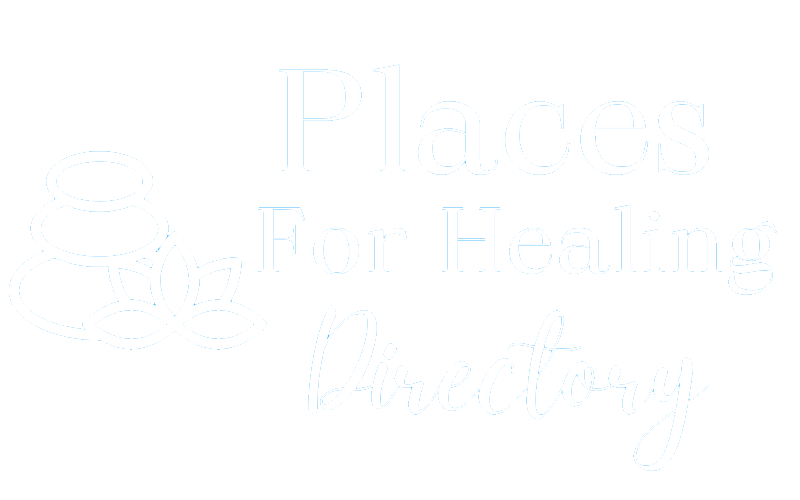What are omega-3 fats?
They are ‘healthy’ fats that protect your heart and are also suitable for brain health and health in general.
How do omega-3 fats protect the heart?
- Help the heart to beat more regularly
- Reduce the ‘stickiness’ of blood, making it less likely to clot
- Help to keep arteries smooth and supple
What foods are good sources of omega-3 fats?
Oily fish – excellent sources are herring, kippers, mackerel, pilchards, salmon, sardines, and Trout. Other sources are olive oil, rapeseed oil, nuts, dark green leafy vegetables, and some enriched foods.
How much omega-3 fats do I need to eat?
- People who have had a heart attack: aim for 2─3 large servings of high omega-3 oily fish weekly
- Everyone else – aim for one serving of oily fish (high in omega-3 fats) and one serving of white fish per week.
- Serving size will depend on the type of fish. A serving is roughly 100 – 150g (4 – 6oz) of fresh, frozen, or smoked fish or one small or half a medium or a third of a large tin of canned fish.
- If possible, buy local fish or fish from environmentally friendly sources.
- To help lower your salt intake, keep smoked fish to no more than once a week.
Fish doesn’t have to be expensive!
Canned fish is convenient and cheap. It is a good idea to buy fresh fish in season and to look out for special offers for fresh or frozen fish. All canned oily fish is high in omega-3 fats, except canned tuna.
I don’t eat fish. How can I get more omega-3 fats?
To help your body convert omega-3s from plants, it is essential to eat a variety of plant-rich sources daily:
- Rapeseed, canola, walnut, soy, flax (or linseed) oil
- Ground or crushed linseeds, flax, or pumpkin seeds
- Unsalted nuts – walnuts, pecans, peanuts, almonds
- Soya beans and tofu
- Dark green leafy vegetables, sweet potato & whole grains
- Omega-3 enriched foods include eggs, milk, yogurt, and yogurt drinks. Omega-3 content (as EPA, DHA, ALA) varies greatly, so check labels. The target is 1.0g of omega-3 per day.
Should I take omega-3 Supplements?
If you eat enough oily fish, you do not need to take a supplement. Only for people who have had a heart attack and don’t eat oily fish either: take a prescribed or bought over-the-counter capsule containing 1.0g omega-3s (EPA & DHA) daily OR if you cannot take fish oil capsules, try a supplement derived from algae.
Ideas to get you started!
Quick Snacks – fillings for sandwiches, crackers, pittas, wraps, or jacket potatoes:
- Canned pilchards or mackerel in tomato or mustard sauce
- Canned salmon in low-fat salad cream instead of mayonnaise
- Flaked mackerel, chopped cucumber, and lemon or lime juice
- Canned sardines in spicy tomato sauce & canned mixed beans
- Mackerel or salmon or tuna paté
Main Meals
- Steamed salmon steak with salad and new potatoes
- Grilled peppered mackerel with a pasta salad
- Baked Trout with lemon, served with jacket potato & vegetables
- Salmon or fresh tuna fish cakes with salad or baked beans
- Herring curry with chapatti or boiled basmati rice & salad
- Stir-fry – toss noodles with salmon, tuna, tofu, or pumpkin seeds
- Fish Pie (potato topping) – use a mixture of salmon & white fish
- Pasta – add walnuts or spinach, or oily fish to a tomato sauce
- Risotto – try making it with smoked mackerel or unsalted nuts

